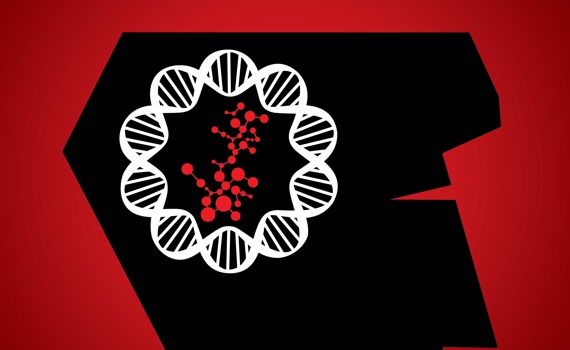Education Evolution
After watching Sugata Mitra’s wonderful TED talk on building a school in the cloud it made me look at the direction we are moving towards in education and what technology can do to help.
Sugata Mitra, the 2013 TED prize winner, starts his story by looking at where the current model of standardised education evolved from. Mitra identifies the British Empire as its source and looks at how a global empire was run without computers or telephones, and only with hand written letters transmitted by sea going vessels as a means of communication. To make all this work they created a their own victorian era global super-computer - The bureaucratic administrative machine.
Bureaucracies need lots of people to make them work, to enable this, according to Mitra, the Victorians created another machine to produced it’s components - the modern schooling system. Like all components they need to be identical to each other and easily replaceable. Skills such as good hand writing, reading and arithmetic were their main products.
A version of this same system still exists today churning out people with identical skill sets designed to man a machine that no longer exists! His viewpoint was obviously provided to entertain and make us think rather than provide a definitive historic background, which is something I think he achieved.
Metra’s message is that schools as we know them are obsolete. His research involves providing english language computers to non-english speaking, rural and urban slum children in India. His aim was originally to see what they would do given no teachers or any form of tuition and they were left to figure it out for themselves. Different subjects were tested including topics like advance biochemistry, subjects that western students would not be studying until university level, ten years older than the students in his study. These children had to teach themselves English before they could even begin!
The results of this you should watch for yourself.
So if that was identifying the reason for where we are today and showing us there are viable productive alternatives, what are we moving towards? The Self Organised Learning Environments of Sugata Mitra? Massively Open Online Courses? These are both social forms of self determined learning, A community of people given a challenge “Here is a problem - go and figure out the solution!”. It’s a very collaborative means of learning which is helped by access to the right tools.
Traditional models have been supported by traditional tools, such as SCORM-based LMSs, standardised curricula, regular examinations, a very linear system.
If we want to move towards a collaborative, social self driven system of learning with engagement, fun and creativity at it’s heart then we will need tools to support it. These tools exist in many ways and the provision of a single computer to a community is one example, Metra’s school in the clouds, mentored by granny power is another, but can we learn from and adapt this to some of the rigid structures in today’s corporate world?
We will certainly need a new approach and this approach will need tools to enable it.
The TinCan API show’s promise and I’m looking forward to seeing how we can implement it. Additional technologies are evolving to support new models of learning:
- Cloud-based systems for fast cheap access to and distribution of information
- Games to challenge and engage
- Gamification type systems to motivate and keep track
- Learning Record Stores which store the results of online as well as offline learning
- Social peer-to-peer systems to help people connect and share ideas
- Mobile access to participate from anywhere and access to your personal cloud
These can be developed as separate modular units that can be plugged together in different combinations depending on what is required. What would that look like? Each of these elements is currently growing separately. What could we do if we brought them all together?
